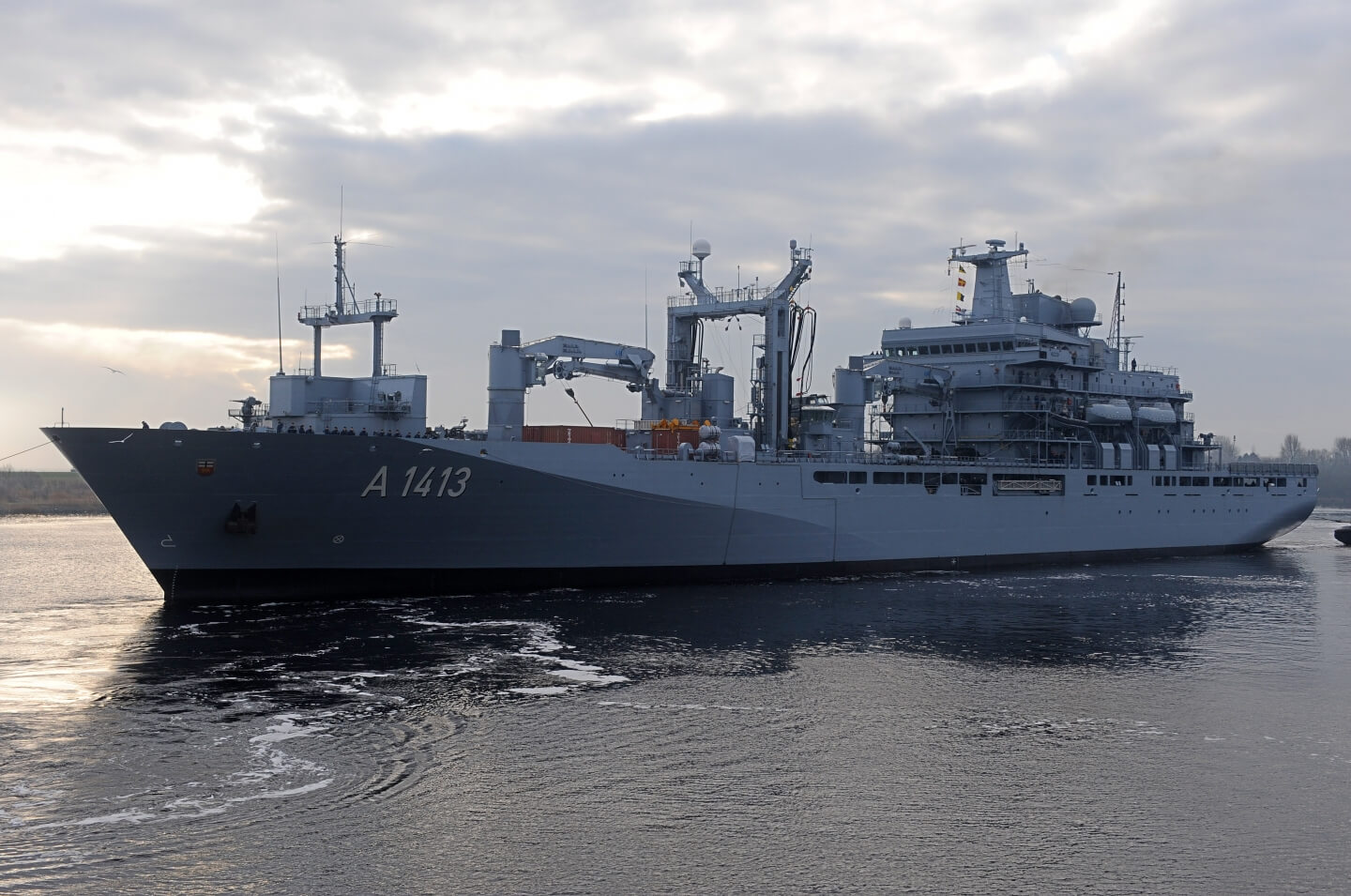According to a Deutsche Presse-Agentur report, Germany has approved the sale of naval equipment to Egypt, including a coastal defense ship and nine patrol boats. The decision was revealed in a November 2 letter from Federal Economics Minister Peter Altmaier to the Economic Committee of the Bundestag.
The boats are likely the ones that were originally intended for Saudi Arabia under a 2018 contract worth about 130 million euros with German manufacturer Lürssen. However, Berlin suspended arms sales to the Kingdom for its involvement in the Yemen war and the killing of government critic and journalist Jamal Khashoggi later that year, which left the transaction incomplete. Riyadh had requested the purchase of 35 patrol boats, and by the time the arms embargo went into effect, only 22 had been produced, from which only 15 were delivered. Lürssen’s armament project was the largest of its kind to be affected by the export ban, reportedly endangering nearly 300 jobs.
However, the Bundestag’s (the German parliament) nod to the deal has been met with strong criticism from the opposition. Egypt, much like Saudi Arabia, has a questionable human rights record, but more importantly, has also been a member of the Saudi-led coalition fighting against Iranian-backed Houthis in Yemen for the last five years.
The Left is therefore accusing the ruling coalition of violating their own agreement. On November 2, during a press conference, Sevim Dagdelen, a member of the opposition Left (Die Linke) party, said: “In light of Egypt’s participation in the war on Yemen, the statements to pass the deal are unscrupulous and constitute another violation of the agreement to ban the armament of countries participating directly in that war. The government must stop providing the Mediterranean countries with arms.” According to Amnesty International, the war has killed approximately 233,000 Yemenis, making it one of the worst humanitarian disasters in the world.
Additionally, Egypt is also involved in the conflict in Libya, supporting the Libyan National Army (LNA) under Gen. Khalifa Haftar in the east. Omid Nouripour, an expert on foreign policy affairs in the opposition Green Party, accused the German government of undermining the efforts to achieve peace and protect human rights in Libya, stating that the arms deal to Egypt was a “declaration of moral bankruptcy”.
According to the German Ministry of Economy, Egypt was first on the list of countries with the highest demand for German weapons and military equipment in the first quarter of 2020, with purchases reaching 290.6 million euros (about $345 million). Against this backdrop, former Egyptian ambassador to Germany Mohammed Hegazy said that “Egypt plays a key role in maintaining the security and stability of the Red Sea and the Mediterranean Sea and fighting terrorism and illegal migration. These issues are a key interest in Europe. Therefore, Germany continues to be a partner that Egypt is proud of.”
Observers have analyzed the naval deal as part of Egypt’s strategy to diversify defence suppliers and be less reliant on the US. According to Mohammed Soliman, a senior associate at McLarty Associates in Washington DC, since 2013, there has been a “real desire for undergoing significant modernization of the Egyptian military, and upgrading the overall readiness of all the branches to counter potential instability in Sinai, Libya, the Red Sea, and indeed, securing Egypt’s energy interests in the eastern Mediterranean, if needed.”
The Egyptian navy is also awaiting the completion of a German-made submarine deal worth 1 billion euros ($1.19 billion), under which the four S-44 submarines will join its naval fleet in mid-2021. Three of those have already joined the Egyptian fleet.
Despite Heavy Opposition, Germany Agrees to Sell Naval Arms to Egypt
The left is accusing the ruling coalition of violating their own agreement by agreeing to sell arms to a country that is involved in the Yemen war.
November 12, 2020

SOURCE: Real Clear Defense
